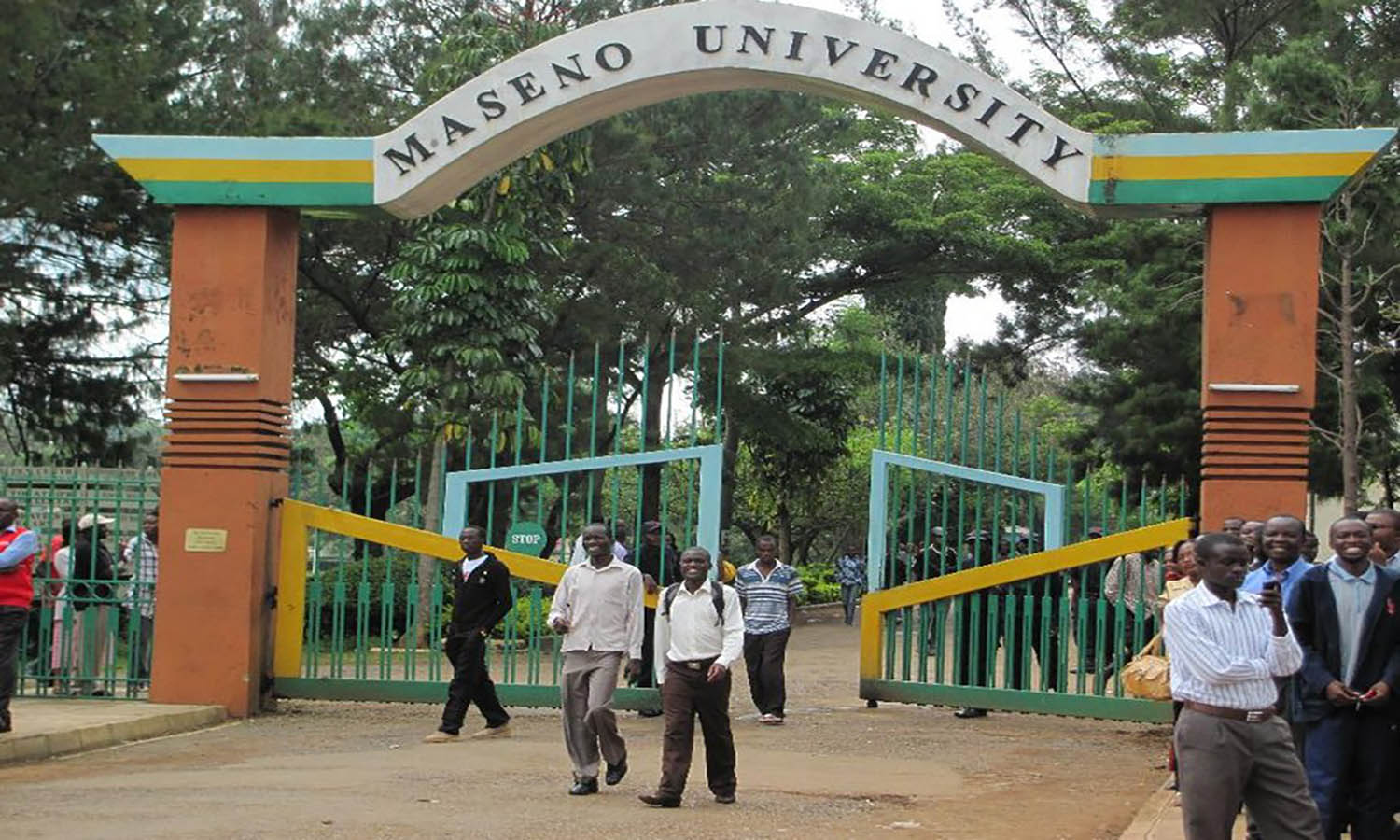
Maseno University School of Law Welcomes First Cohort of Students
Maseno University School of Law has recently admitted its inaugural cohort of 21 students. This significant milestone comes after receiving clearance from the Council of Legal Education (CLE) and accreditation from the Council for University Education (CUE) to establish a distinguished law school.
During the inauguration ceremony held at the university’s Kisumu City Campus, Professor PLO Lumumba, the Chief Guest, emphasized the importance of intellectual agility and technological proficiency for lawyers in today’s globalized world. He encouraged the aspiring legal professionals to embody qualities such as honesty, knowledgeability, adaptability, and the ability to bring about transformative change in the pursuit of justice.
The Director of Kenya School of Law, a former Ethics and Anti-Corruption Commission (EACC) boss, emphasized the need for the budding lawyers to carve out a unique niche for themselves, enabling them to make sound judgments. He emphasized that the law is a divine discipline, inseparable from humanity, and indispensable for the functioning of society.
Under the theme of “Practicing Law in a Changing Global Environment,” Professor Lumumba expressed his belief that the new law students will play a pivotal role in shaping the reputation and perception of Maseno School of Law. He also expressed his hope for the university to offer a legal program focused on aquaculture, given the increasing human activities in the Lake Victoria basin.
Maseno University Vice Chancellor, Professor Julius Nyabundi, affirmed the institution’s commitment to producing highly competent graduates. He aspired for the school of law to become the premier legal education institution in the East and Central African region and beyond. Professor Nyabundi, who also serves as the Kenya National Examinations Council (KNEC) Chairman, expressed his confidence in the school’s ability to achieve this goal.
Professor Nicholas Orago, the Dean of Maseno School of Law, highlighted the school’s emphasis on research and regional integration, aiming to create a vibrant academic community. He emphasized the importance of effective research skills for legal practitioners and scholars, stating that research would be a core component of the curriculum. The school boasts a team of four qualified lecturers with PhD qualifications, a state-of-the-art moot courtroom, a well-equipped computer laboratory, a comprehensive law library, and multiple lecture halls to facilitate optimal learning.
In addition, Professor Orago announced the school’s intention to attract students from the East African Community. The admission requirements include a minimum grade of C+ (plus) and a minimum grade of B Plain in either English or Kiswahili. The LLB program will be the initial offering, comprising 42 mandatory course units. Furthermore, the school aims to nurture legal entrepreneurship skills among its students, recognizing the business aspect of the legal profession. Their objective is to produce graduates who are competent managers of law firms and legal institutions.
Professor Orago emphasized the school’s commitment to practical learning, with moot court exercises allowing students to argue cases in a simulated courtroom environment. The school also plans to establish student exchange programs with other reputable law institutions, promoting comparative learning and exposing students to diverse educational approaches.
The event was graced by the presence of Professor Charles Ocholla, the Vice Chancellor of Tom Mboya University, further emphasizing the significance of this momentous occasion.
